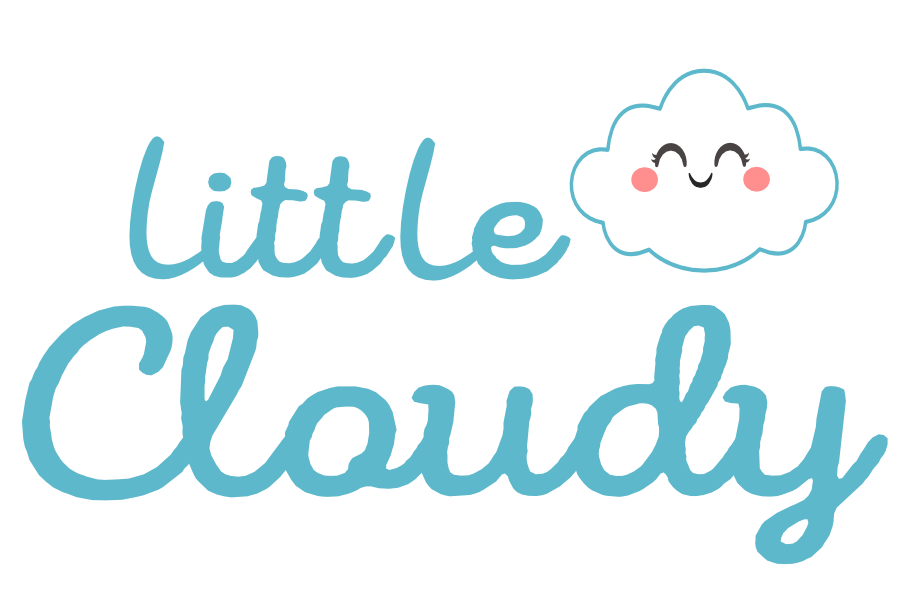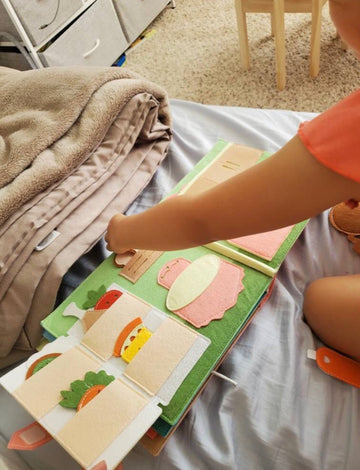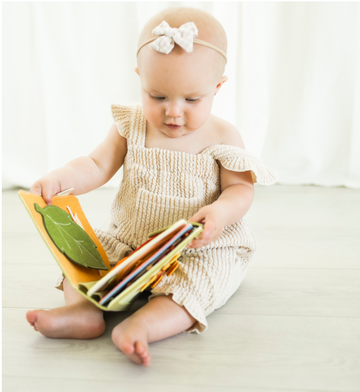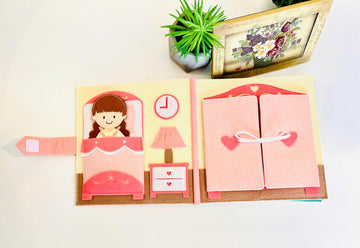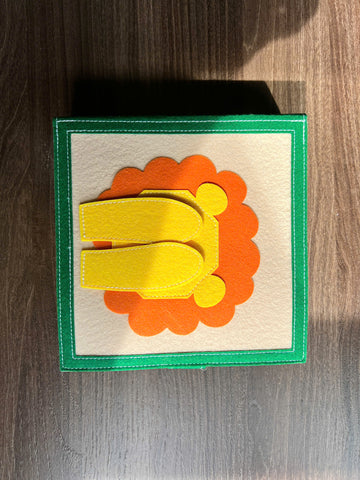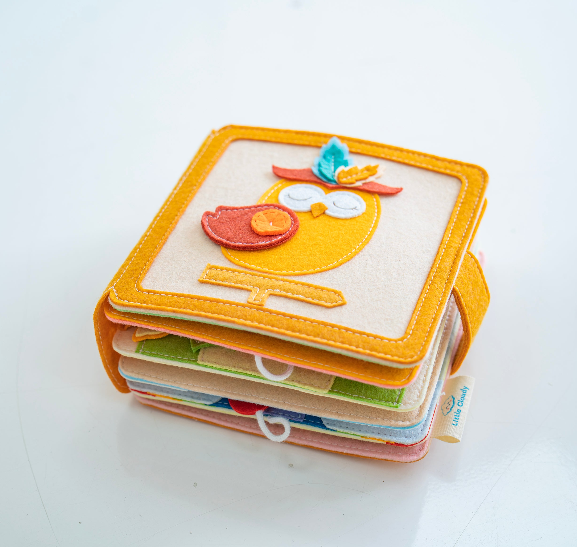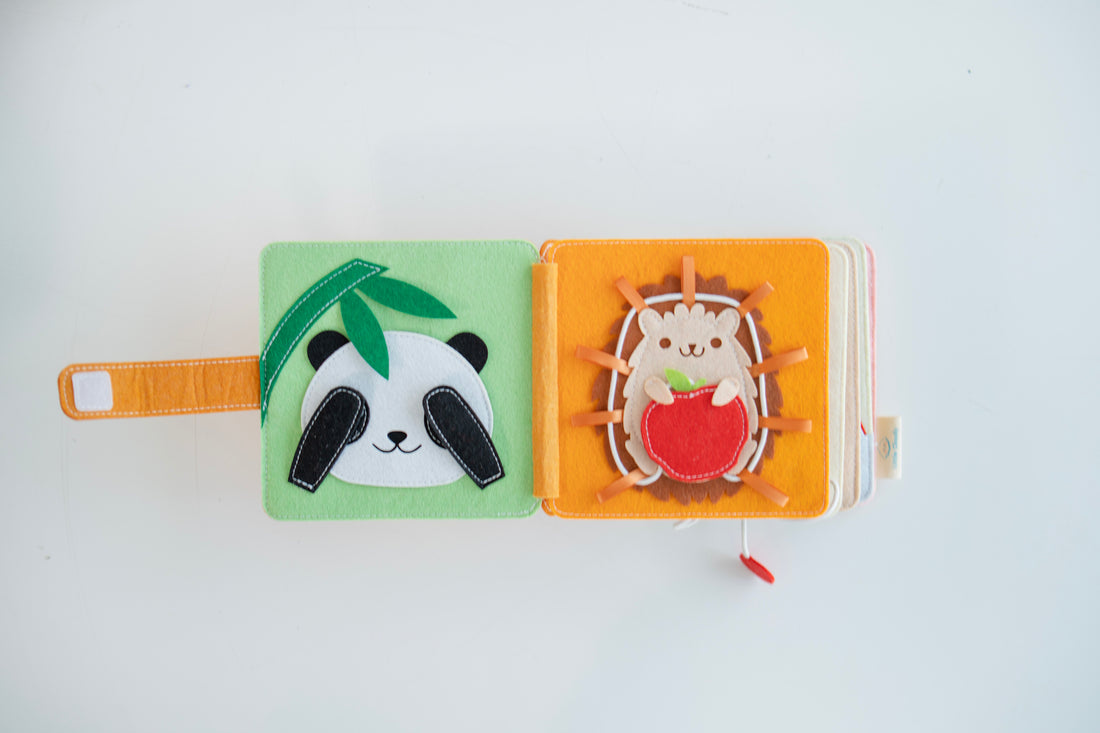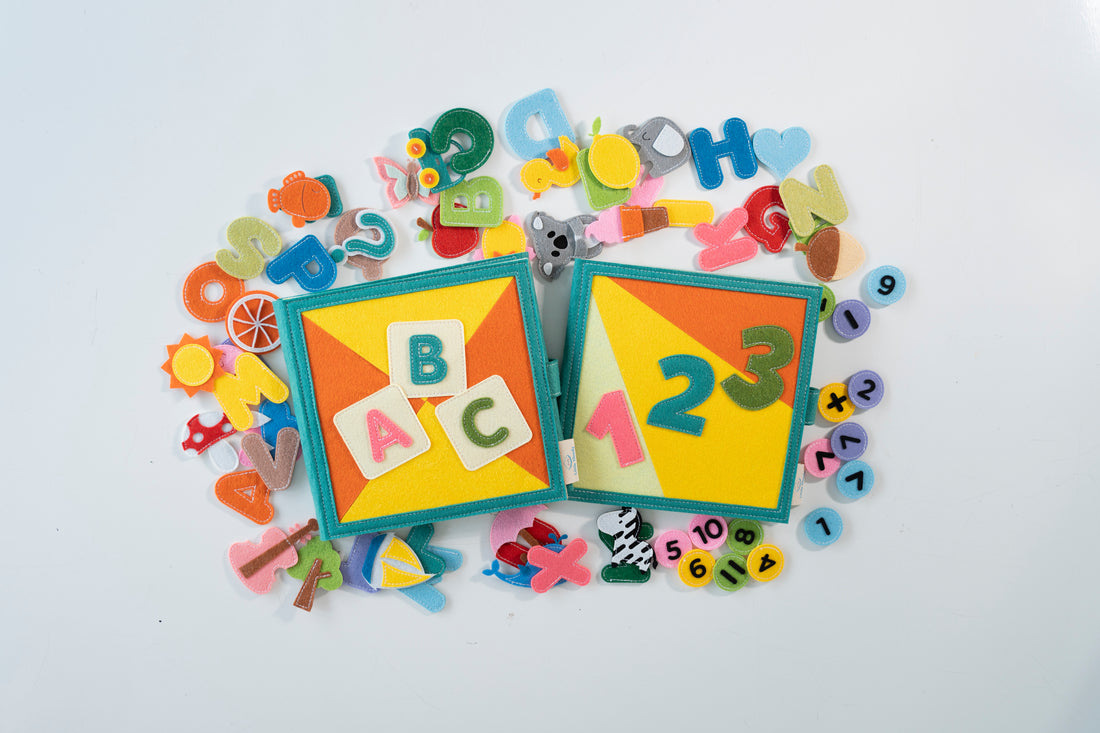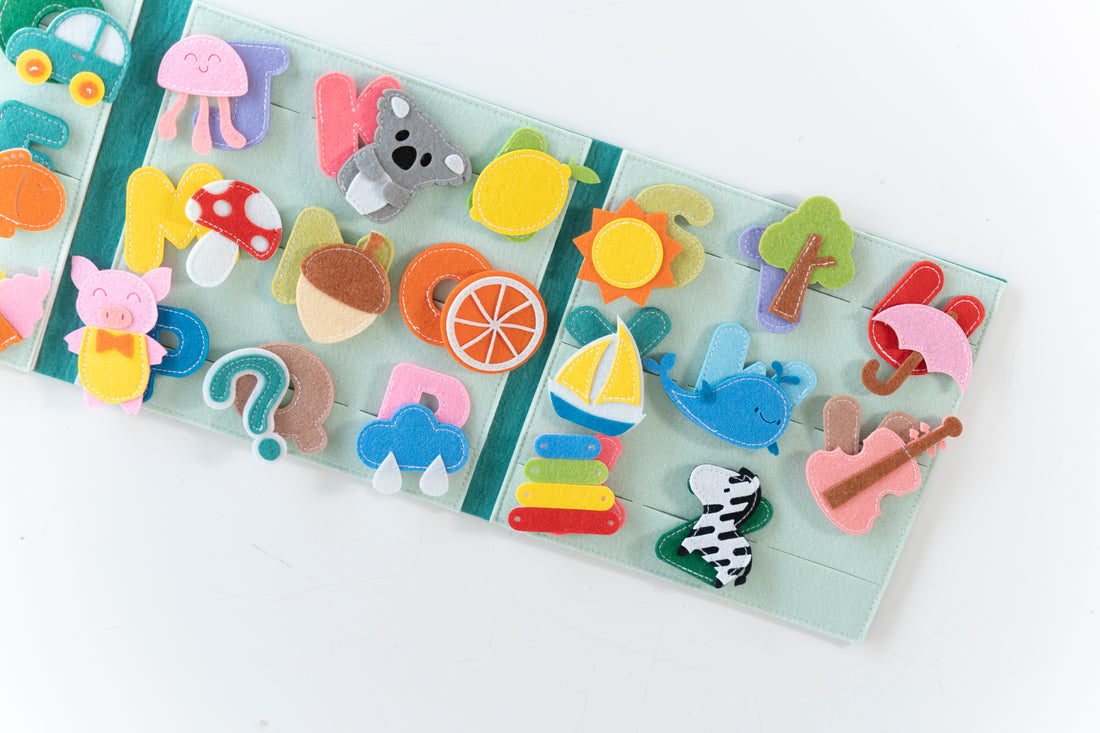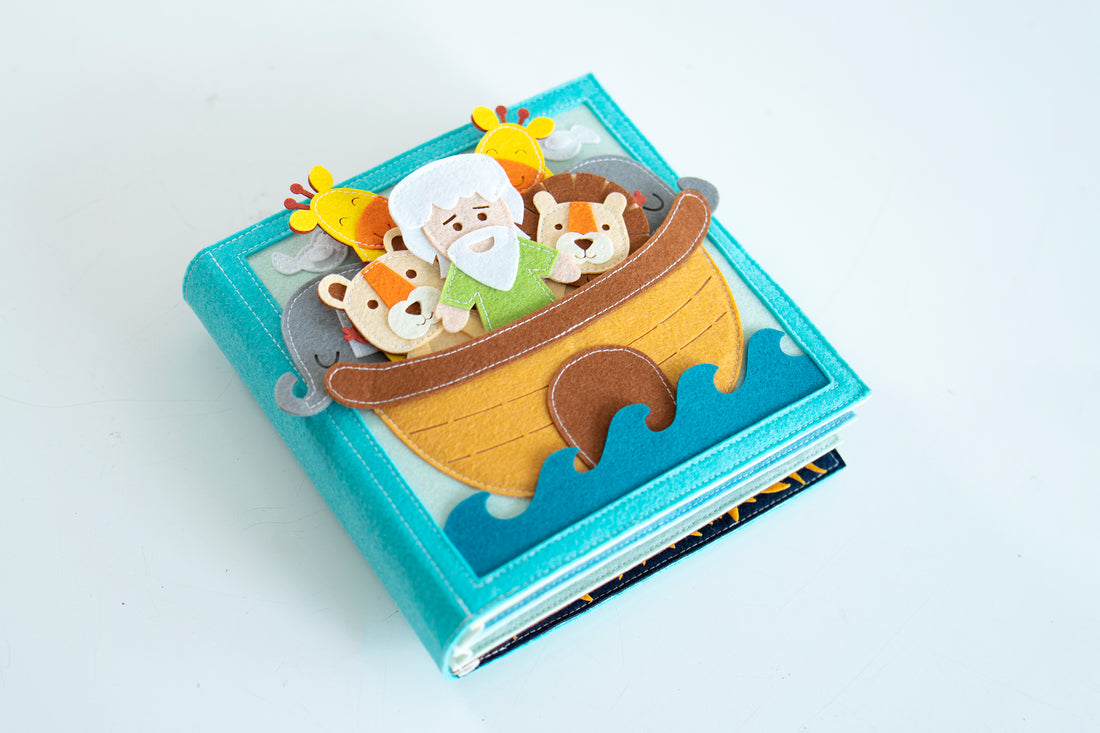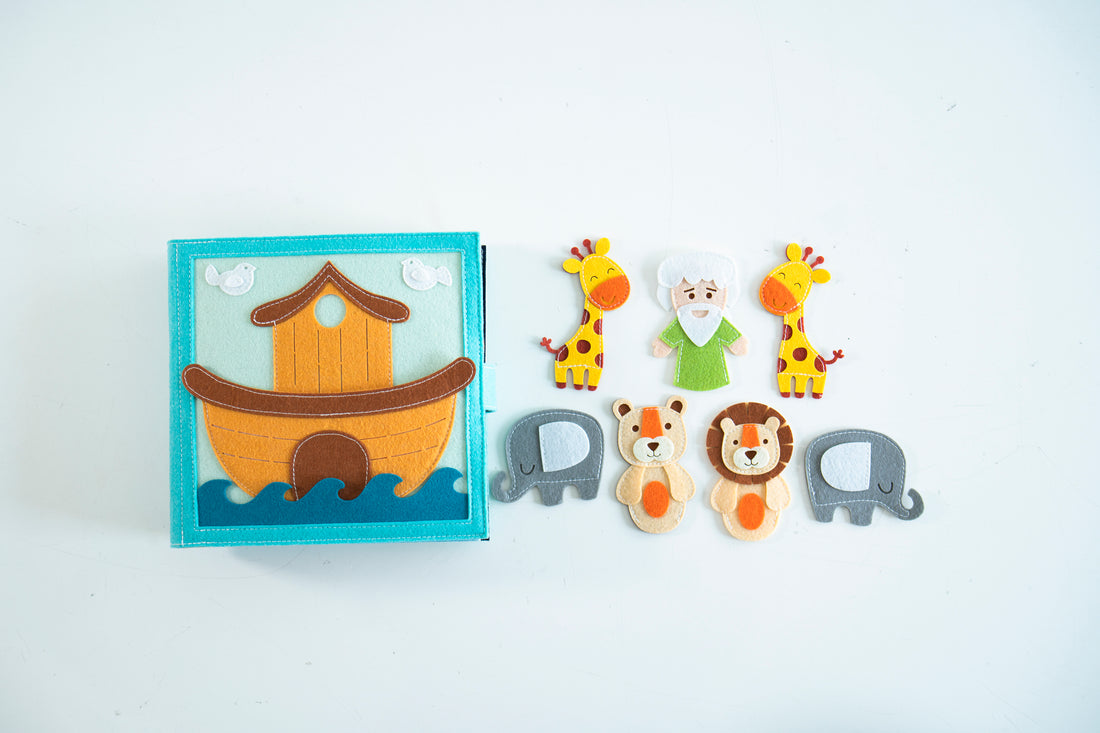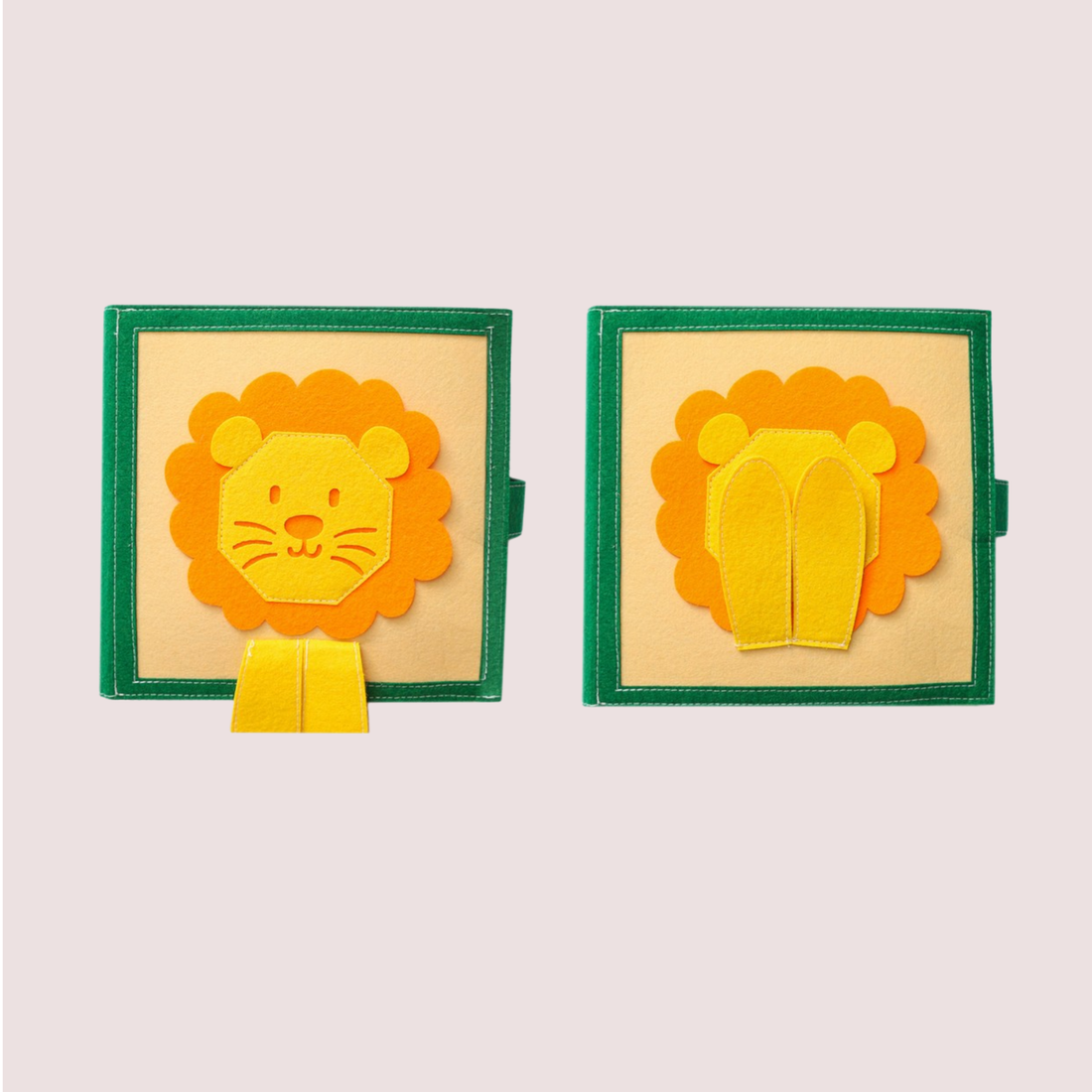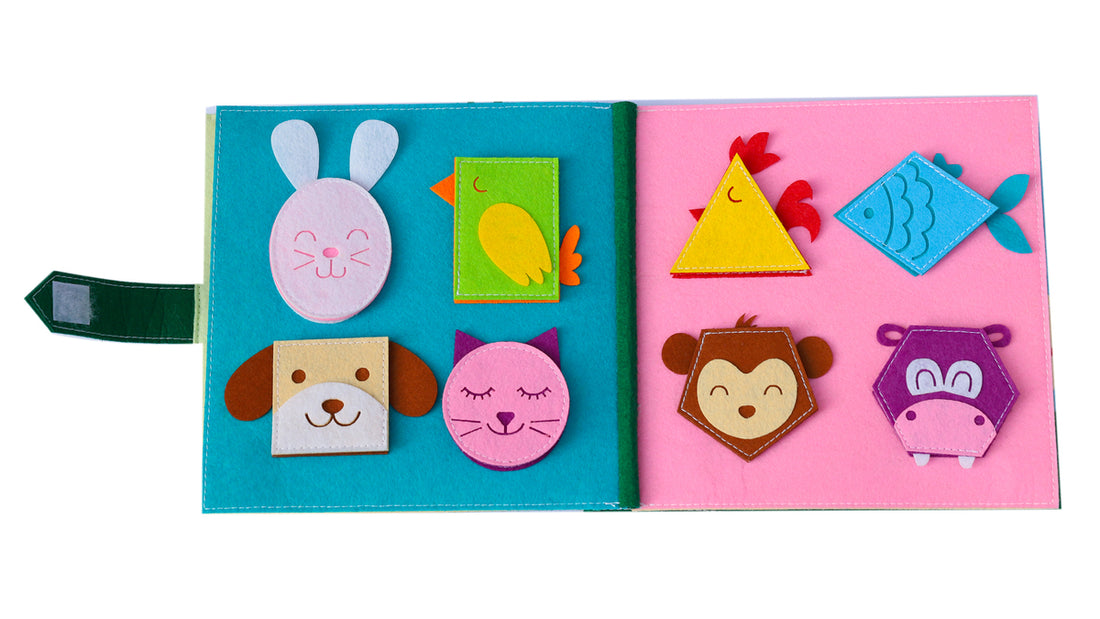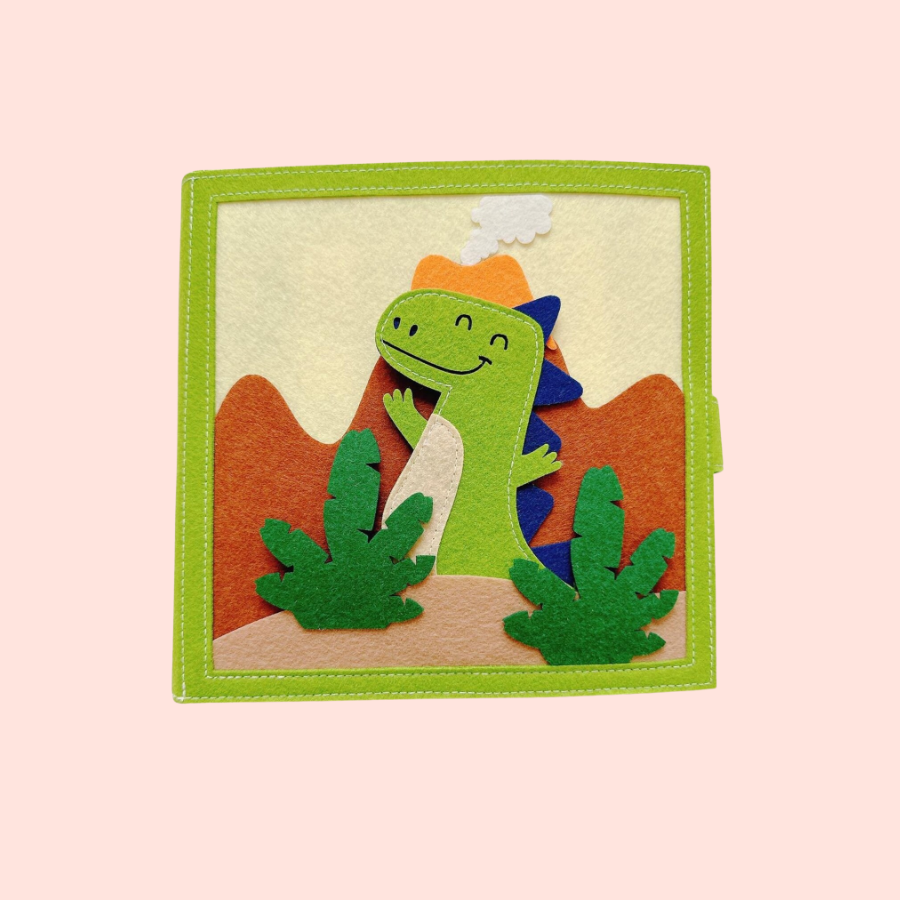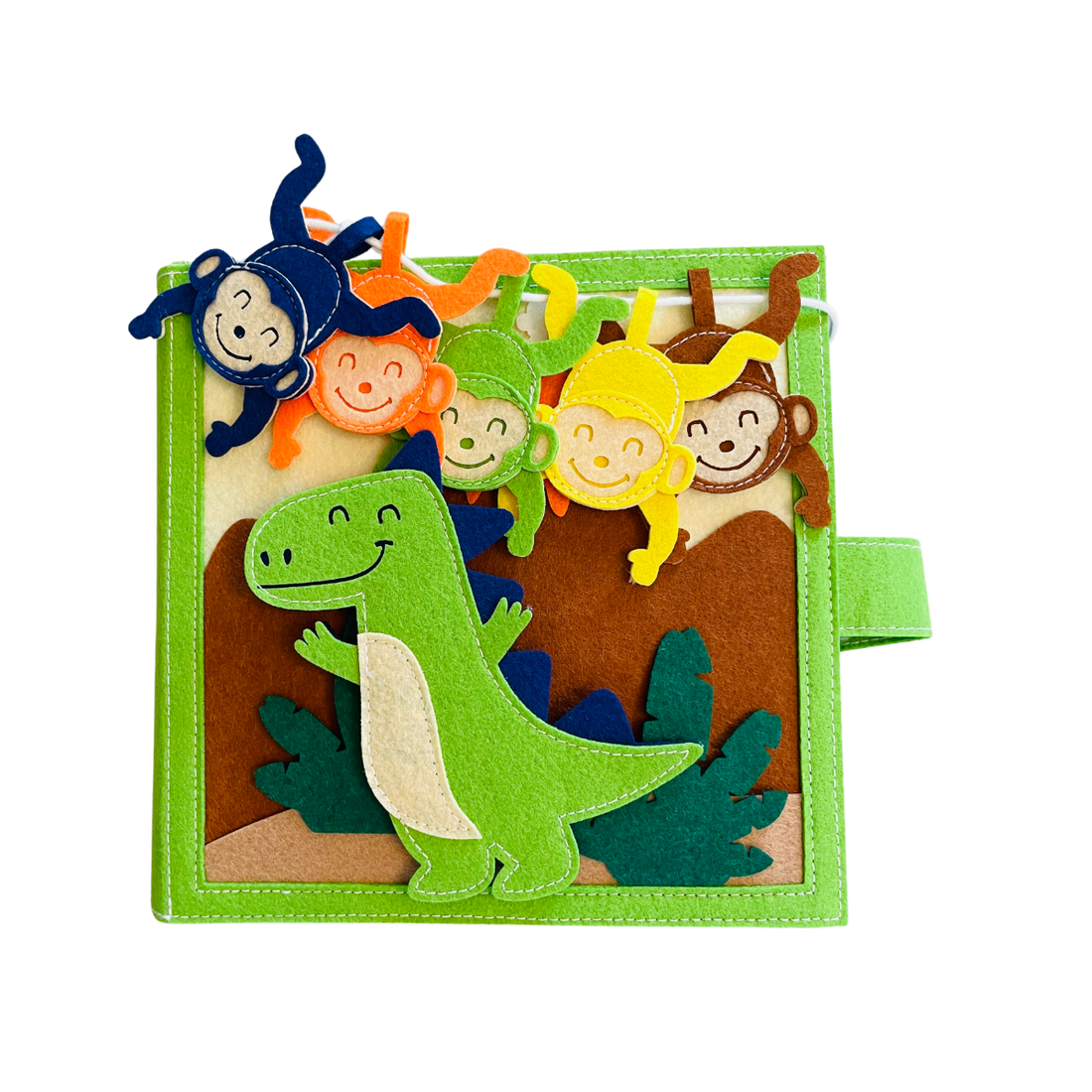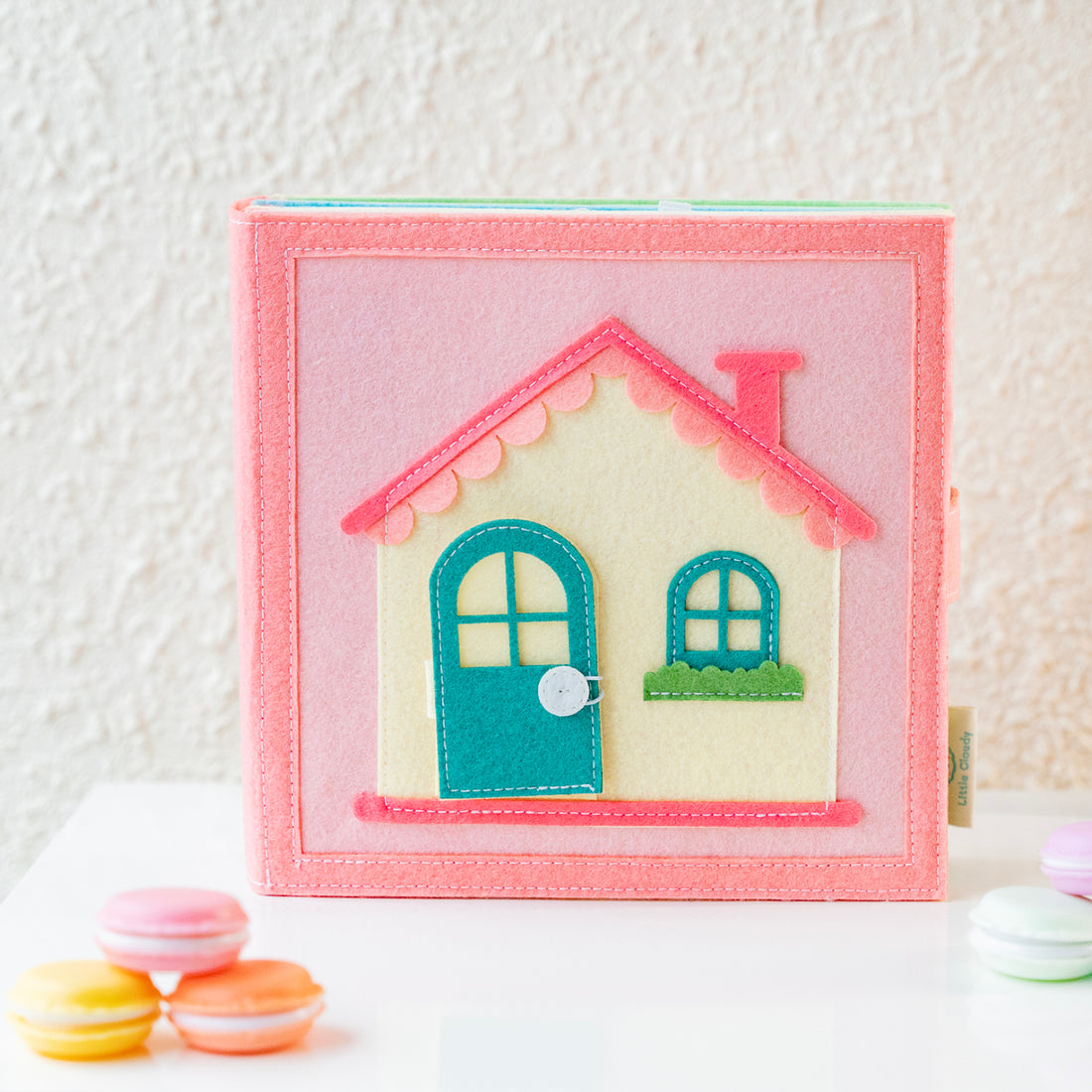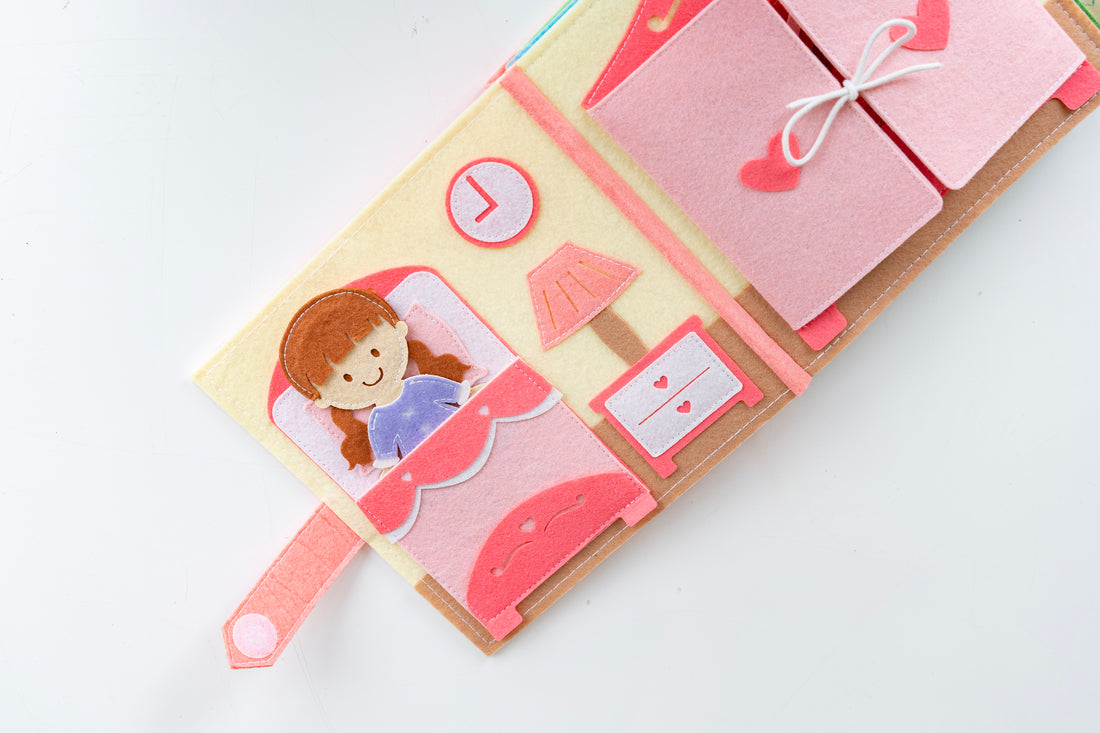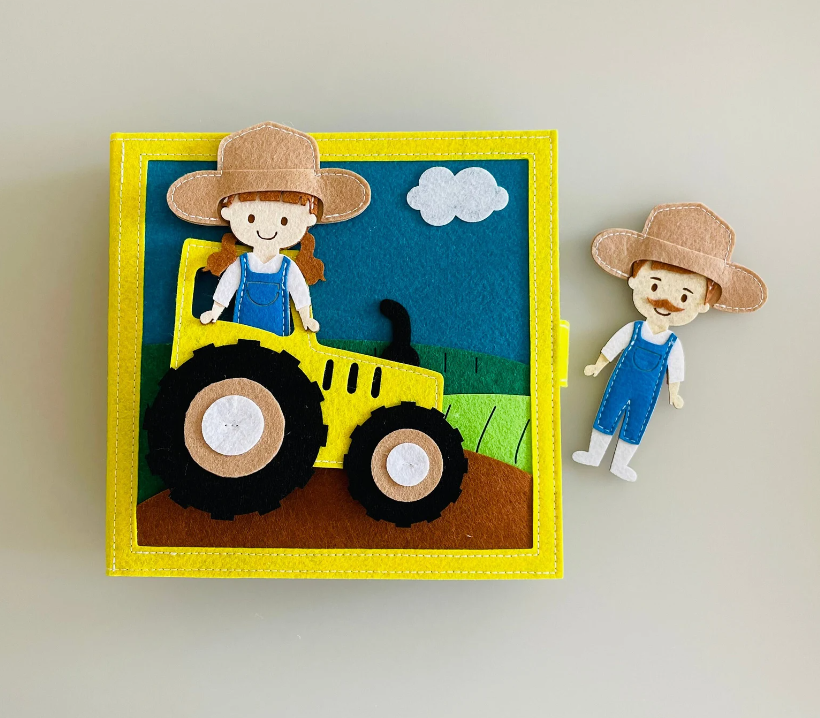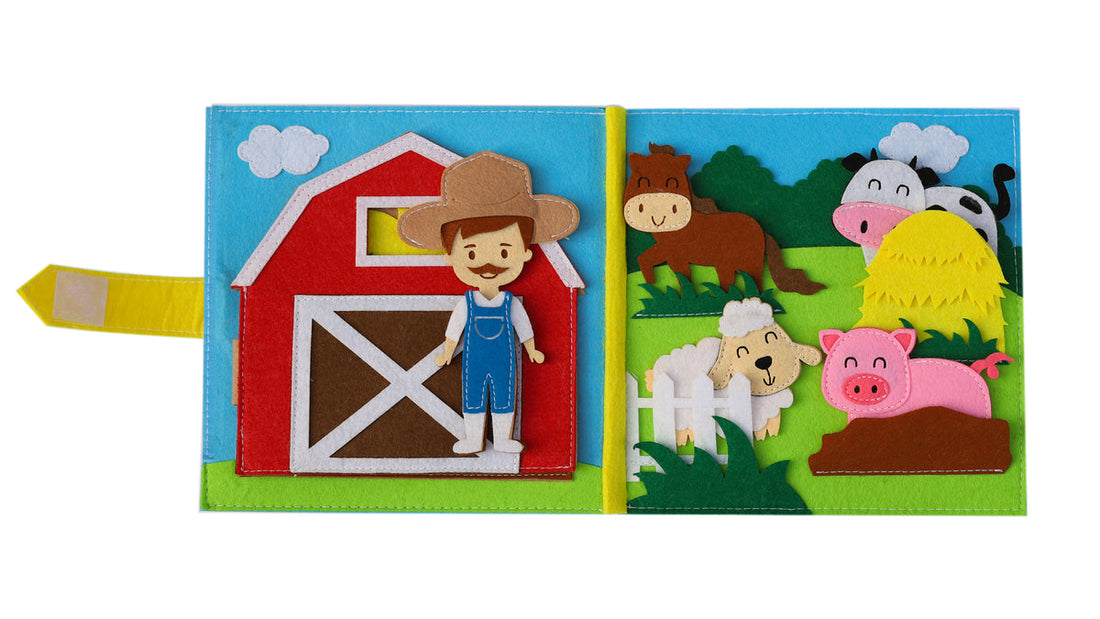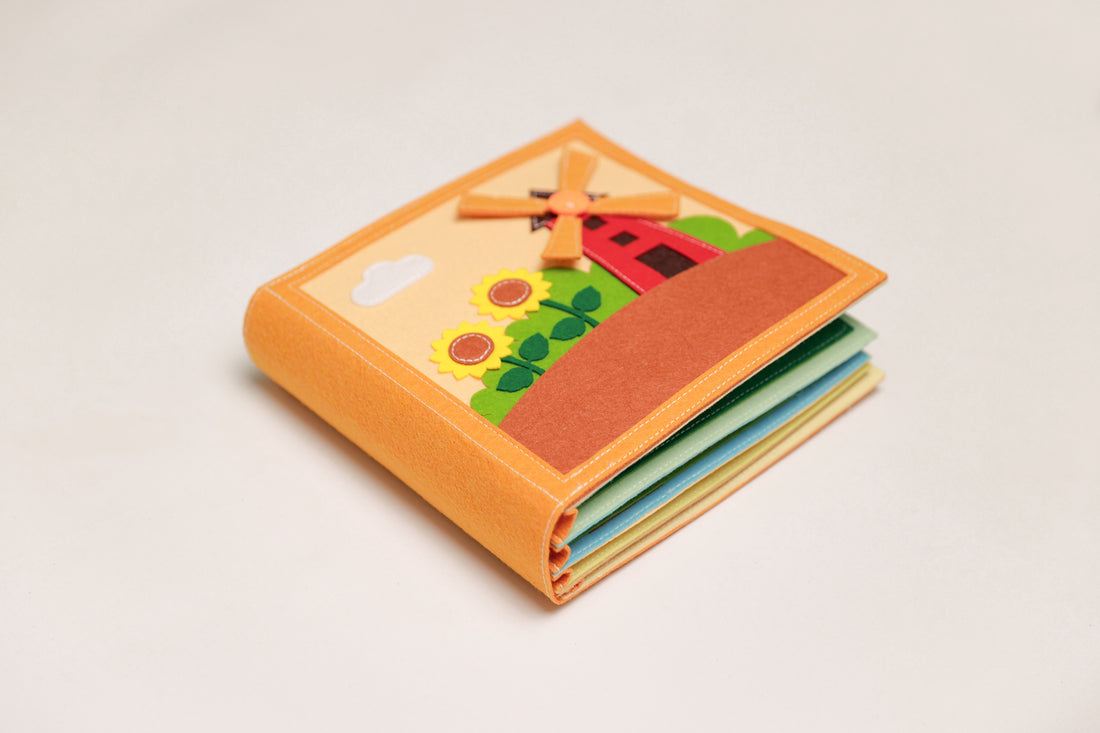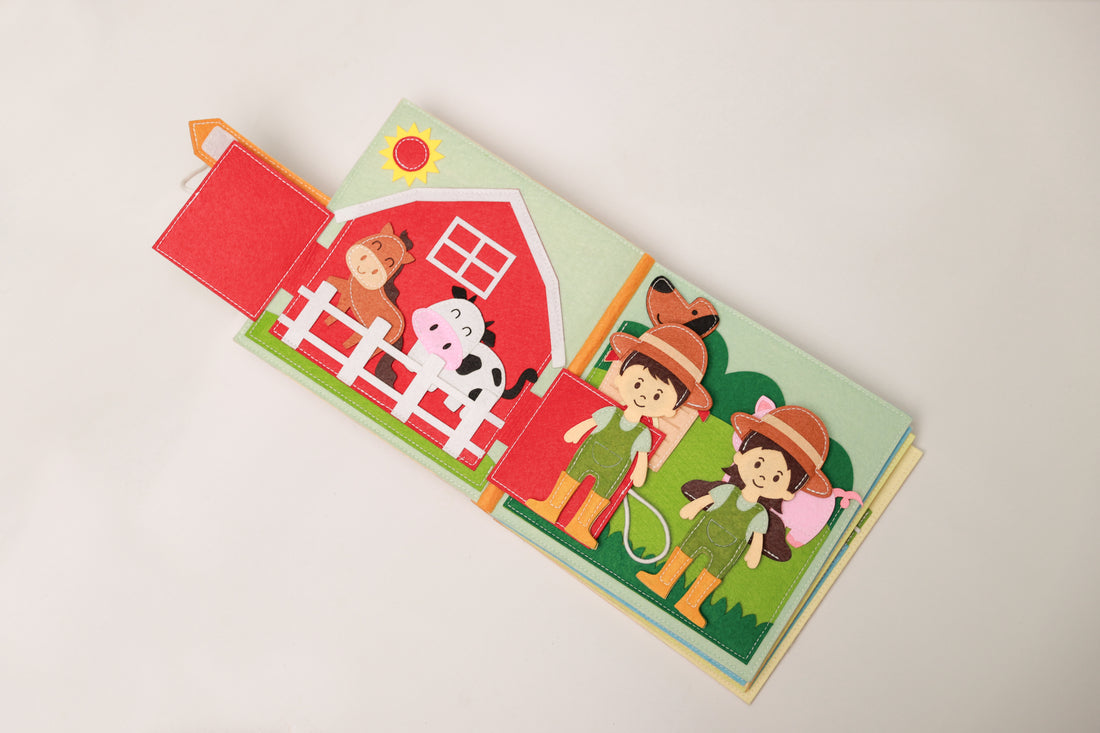We're here to help you weave education into your little one's playtime, turning fun into a learning journey. Let's dive into the joy of nurturing our toddlers' growth, one playful moment at a time.
Welcome to our guide on Educational Activities for Toddlers: Learning Through Play.'
The Importance of Play in Toddler's Learning
We're fully aware of the crucial role play has in a toddler's learning journey. It's a fun, engaging gateway into cognitive growth, sparking curiosity and developing their understanding of the world. When our tiny tots play, they're not just having fun, they're building essential skills. They're learning to problem-solve, imagine, and understand cause and effect.But it's not all about the brain. Play also offers emotional benefits, helping our toddlers express and understand their feelings. It's a safe space for them to explore emotions, cope with fears, and build confidence.
Types of Educational Activities for Toddlers
In our exploration, we'll uncover various types of engaging games and exercises tailored for our little ones' development and growth. We'll dive into the world of puzzles, sensory play, imaginative role-play, and interactive storytelling, each promising unique learning experiences.But how do we choose the right activity? That's where our Activity Selection Criteria come in. We look at the fun factor, educational value, and suitability for age and interest.
Our Toddler Engagement Strategies aren't just about keeping their attention. It's about sparking curiosity, fostering creativity, and encouraging active participation. We're not just playing; we're building skills, nurturing their minds, and helping them make sense of the world around them.
After all, learning is a journey, and we're here to make it an adventure.
How to Incorporate Learning Into Play
Let's delve into how to seamlessly weave knowledge acquisition into fun times for our little ones.The playroom setup is the initial step towards this. We'll make it vibrant, inviting, and well-organized with educational toys easily accessible.
Now, onto toy selection. We're not just picking any toys, we're selecting ones that challenge their thinking, enhance their creativity, and boost their motor skills. Puzzles, building blocks, and role-play toys are great picks.
We'll integrate learning into play by encouraging them to identify shapes, colors, and numbers through these toys. We're making learning exciting, hands-on, and interactive.
Encouraging Skill Development Through Play
Fostering their abilities during playtime, we'll focus on toys that promote skill development in our youngsters. Our playroom setup is a curated space where learning meets fun. It's not just about filling the room with toys; it's about the right toy selection.We choose toys that spark imagination, encourage creativity, and develop motor skills. Building blocks, puzzles, and art supplies are our top picks. These toys not only keep our little ones entertained but also stimulate problem-solving skills, hand-eye coordination, and creativity.
We've seen how they thrive when they're learning through play. It's amazing to witness their joy and pride as they master new skills. So, let's continue to make playtime a fun, educational experience!
Examples of Play-Based Learning Activities for Toddlers
We've got some fantastic examples to share of how we can transform ordinary playtime into opportunities for our little ones to learn and develop new skills.Our first example is play-based nutrition education. Imagine cooking pretend meals together, discussing the different foods, their benefits, and the importance of a balanced diet. This activity not only fosters creativity but also instills healthy eating habits early on.
Next, let's delve into sensory play exploration. It's all about engaging the senses! Think playdough, water beads, or even homemade slime. These activities aren't just fun, they also support fine motor skills, cognitive growth, and language development.
Frequently Asked Questions
What Are the Signs That My Toddler Is Not Enjoying an Educational Activity?
We've noticed behavioral cues like restlessness, lack of interest, or tears indicate a toddler isn't enjoying an educational activity. We'll then modify the activity to better suit their interests and comfort level.How Much Time Should My Toddler Spend on Educational Play Each Day?
We recommend your toddler's playtime duration to be around 1-2 hours daily. This aids cognitive development, but it's essential to ensure they're enjoying it. Remember, play should always be fun and engaging, not forced.Are There Specific Toys That Are Recommended for Educational Play?
Yes, we definitely recommend specific toys for educational play. Eco-friendly toys are great for hands-on learning, while digital learning toys can offer interactive educational games. It's about balancing variety and fun!Can a Toddler Learn Effectively Through Play Without Adult Supervision?
We believe toddlers can learn effectively through play, even without adult supervision. It's all about independent learning and play safety. Just ensure their play environment is safe and filled with educational toys for exploration.How Can I Measure My Toddler's Progress in Learning Through Play?
We're observing our toddler's curiosity during play based assessments. We're noting their problem-solving skills, creativity, and interaction with objects. It's amazing seeing their progress, and it's a fun, engaging way to gauge their learning.We've explored how play can be a powerful tool in our toddler's developmental journey. From understanding the importance of play to incorporating educational activities into playtime, we're paving the way for a love of lifelong learning.
Let's continue to encourage skill development and leverage play-based activities. After all, our little ones aren't just playing, they're learning about the world around them in the most joyous way possible.
